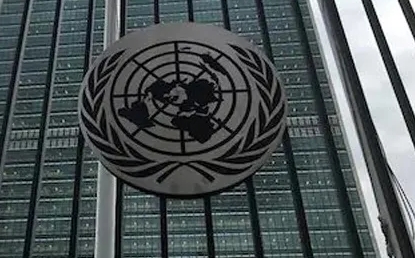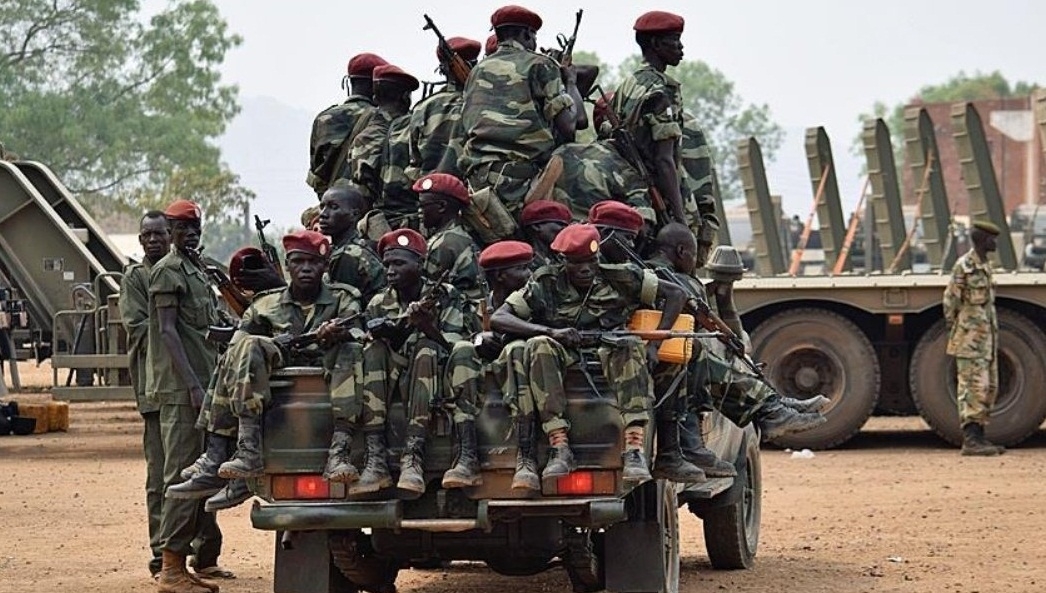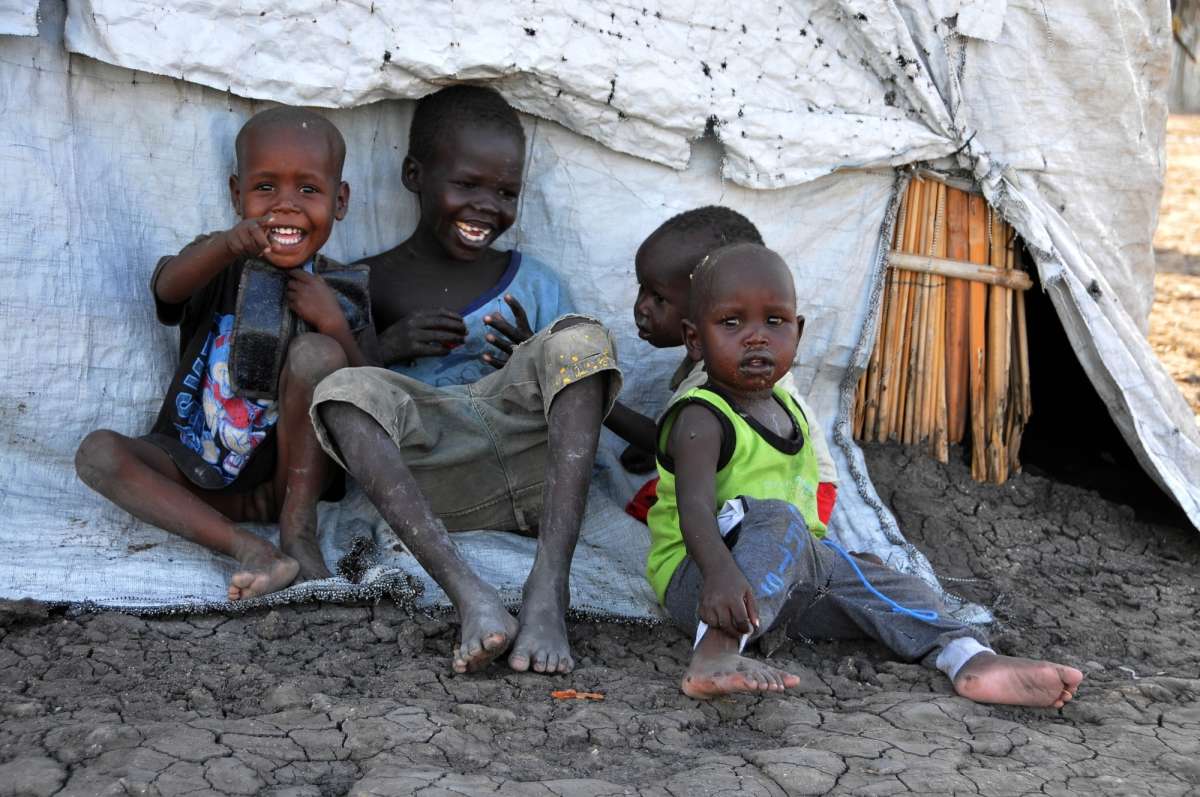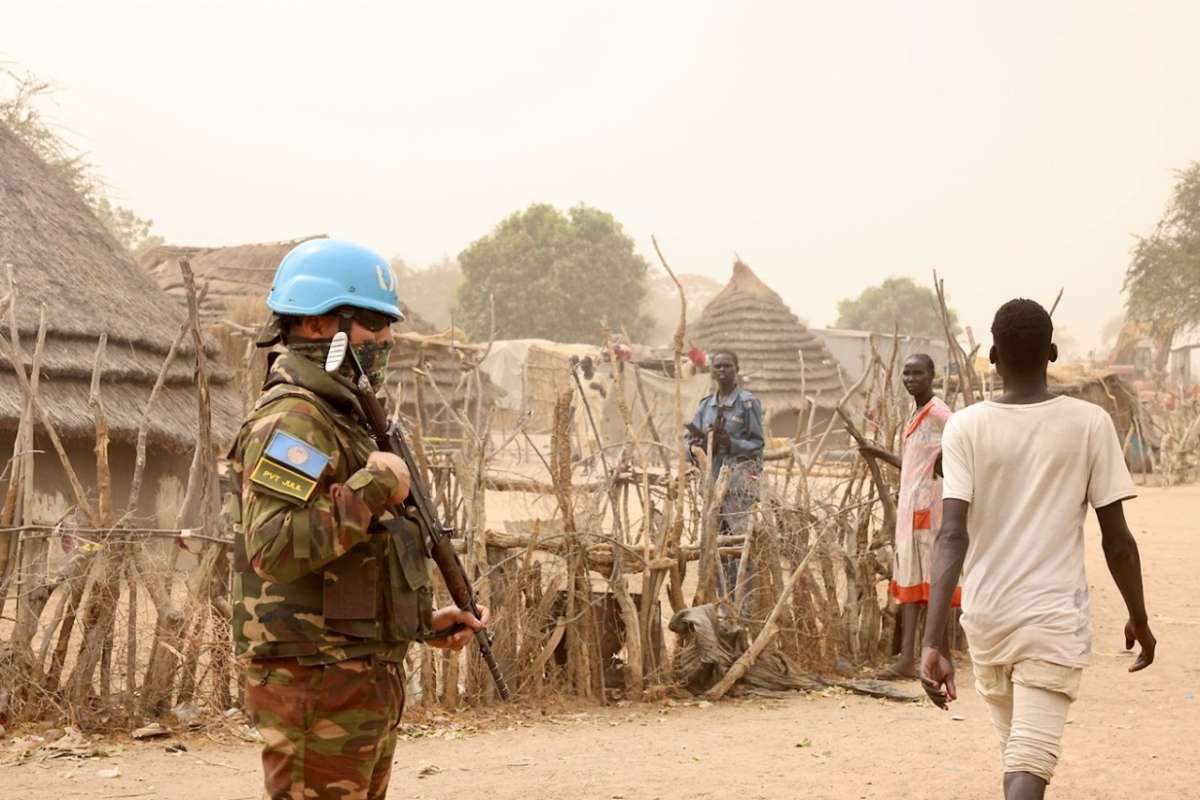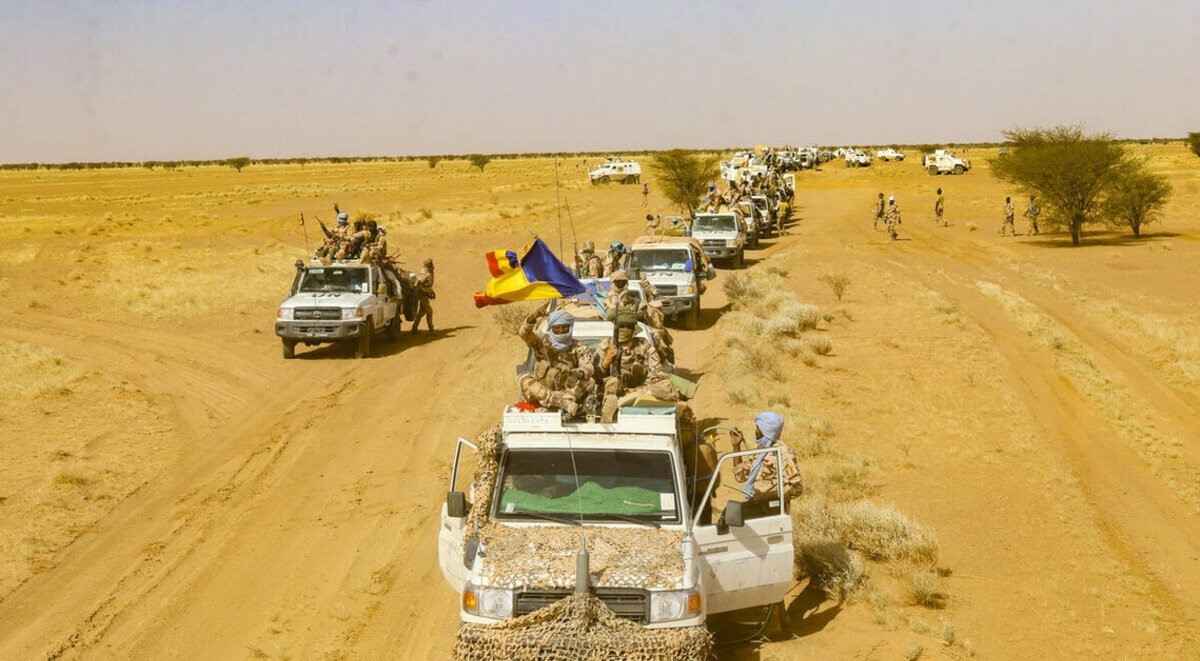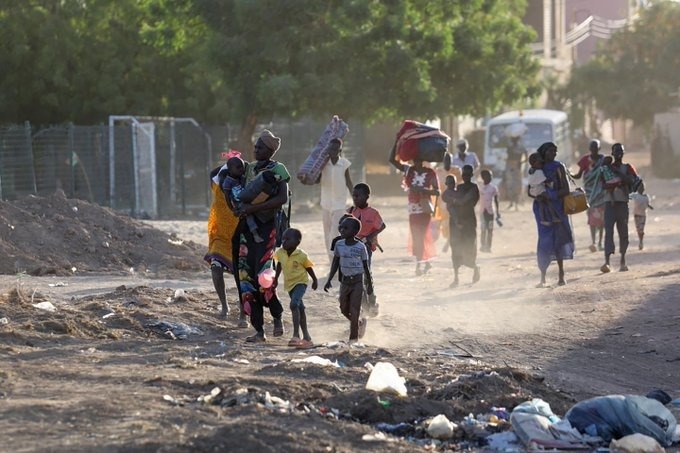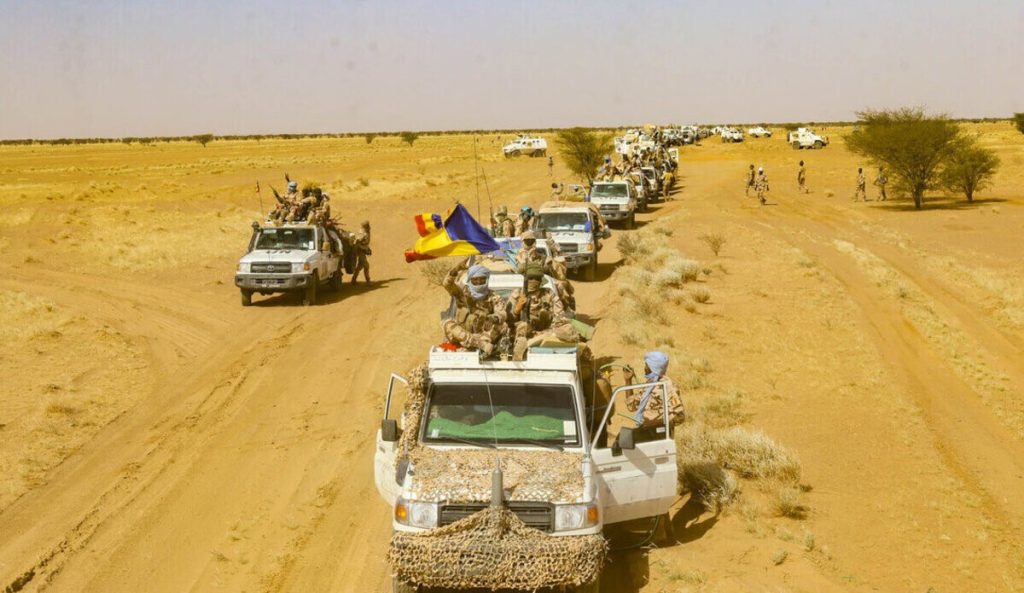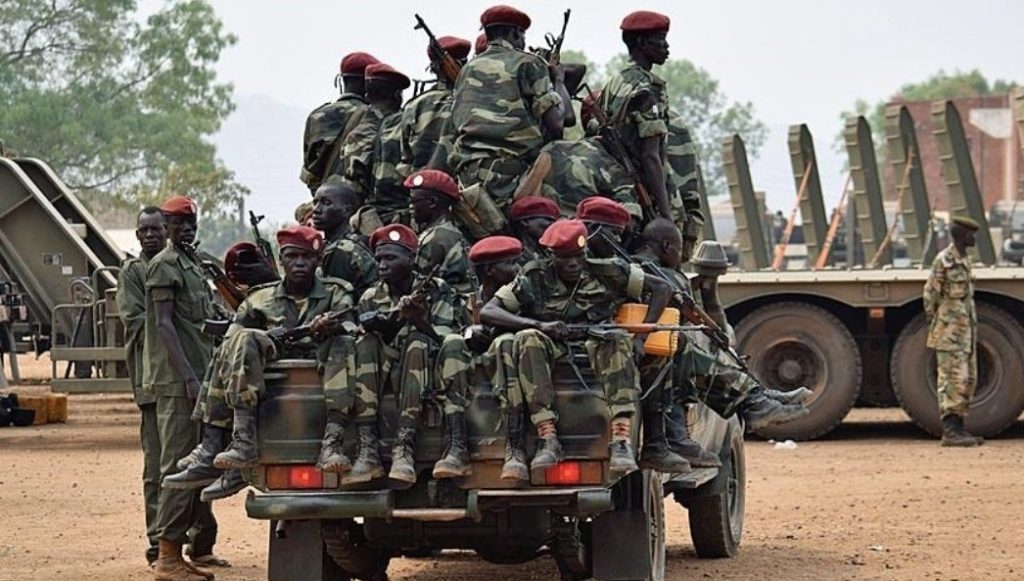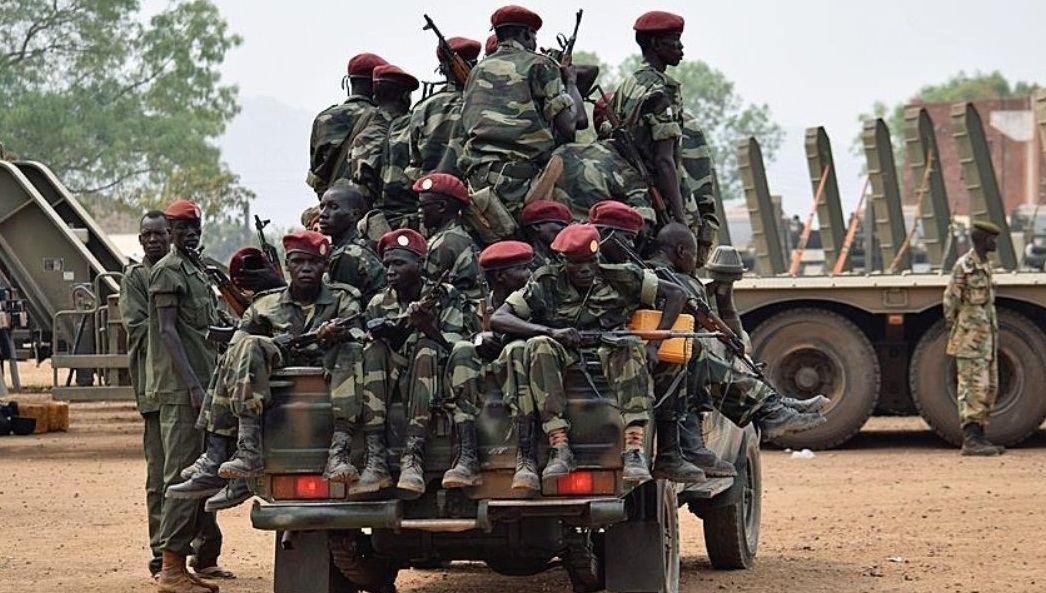Tens of thousands of people have since been killed, 8.3 million have been forcibly displaced and the fighting has additionally destroyed infrastructure and crippled the economy…reports Asian Lite News
The UAE has welcomed the UN Security Council resolution which calls for a ceasefire in Sudan during Ramadan, in light of the continued deterioration of the humanitarian situation.
In a statement, the Ministry of Foreign Affairs (MoFA) expressed hope that this step would lead towards ending the crisis between the Sudanese parties, preventing further suffering of the Sudanese people, and facilitating the arrival of relief and humanitarian aid to the affected areas, especially for the most vulnerable groups, including the sick, children, the elderly and women.
The Ministry underscored its steadfast support for all endeavours working towards de-escalation, achieving a ceasefire, and initiating political dialogue, that facilitates the restoration of peace, safety and security and fulfils the aspirations of the brotherly Sudanese people for stability and prosperity.
Amid the prevailing violence in Sudan, the United Nations Security Council called for a ceasefire to coincide with the Muslim holy month of Ramadan and allow aid to reach 25 million people in ‘desperate need of food’ with the humanitarian response at breaking point, Al Jazeera reported on Saturday.
According to the report, fourteen countries on the 15-member council on Friday backed the resolution proposed by the United Kingdom, with only Russia abstained on the vote that called on “all parties to the conflict to seek a sustainable resolution to the conflict through dialogue.”
Fighting has been raging in Sudan since April 15, 2023, pitting the army of General Abdel Fattah al-Burhan against the paramilitary Rapid Support Forces (RSF) of General Mohamed Hamdan “Hemedti” Dagalo.
Tens of thousands of people have since been killed, 8.3 million have been forcibly displaced and the fighting has additionally destroyed infrastructure and crippled the economy.
Britain’s deputy UN ambassador, James Kariuki, urged the Sudanese Armed Forces and the RSF “to act on this united international call for peace and to silence the guns”.
The resolution called on all sides to adopt an immediate “cessation of hostilities” ahead of Ramadan, a time for fasting, prayer and reflection for Muslims worldwide.
It urged the warring parties to allow “unhindered” humanitarian access across borders and battlelines.
The resolution also expressed “grave concern over the spreading violence and the catastrophic and deteriorating humanitarian situation, including crisis levels, or worse, of acute food insecurity, particularly in Darfur”.
UN Secretary-General Antonio Guterres said on Thursday that both sides should “honour the values of Ramadan by honouring a Ramadan cessation of hostilities” as he warned that the conflict threatens Sudan’s unity and “could ignite regional instability of dramatic proportions.”
ALSO READ-UAE Braces For Severe Weather Conditions
